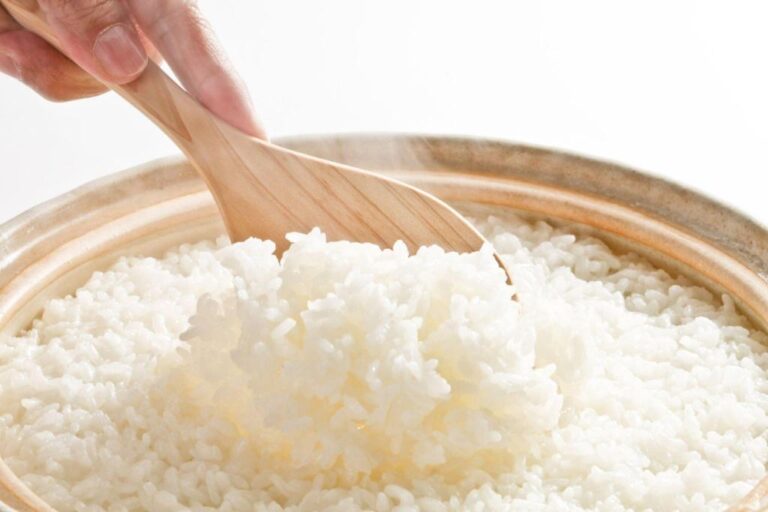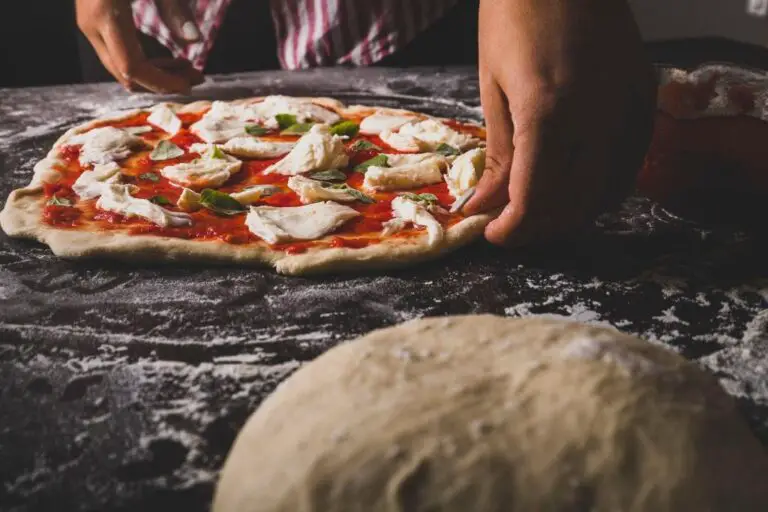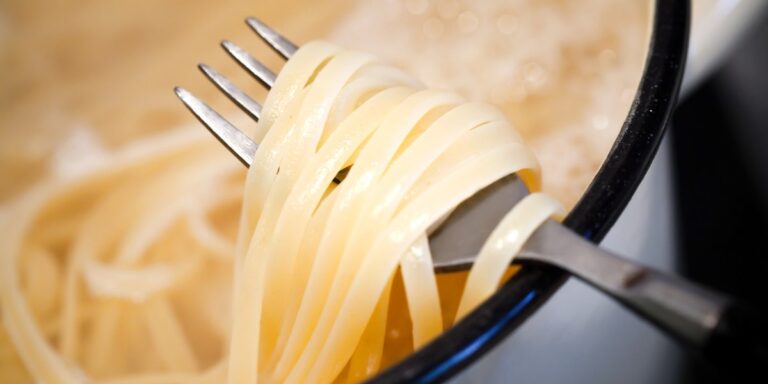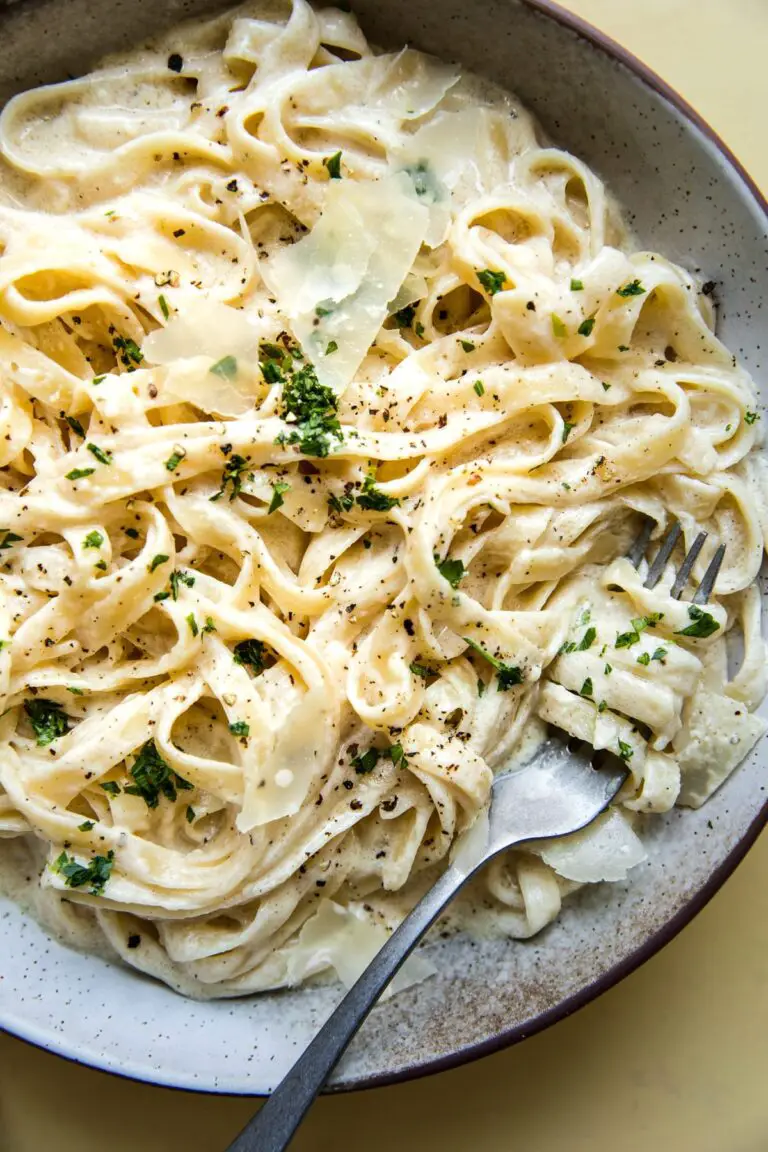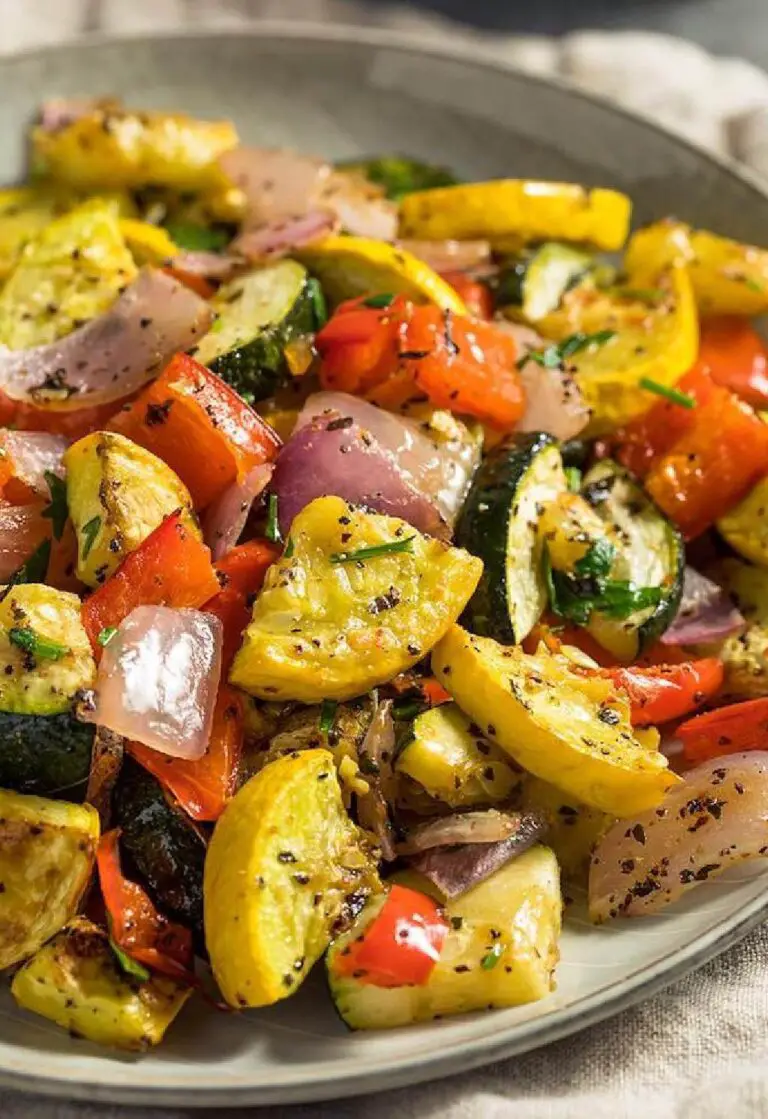How Long To Cook Brussel Sprouts at 375? Perfectly Roasted Brussels Sprouts
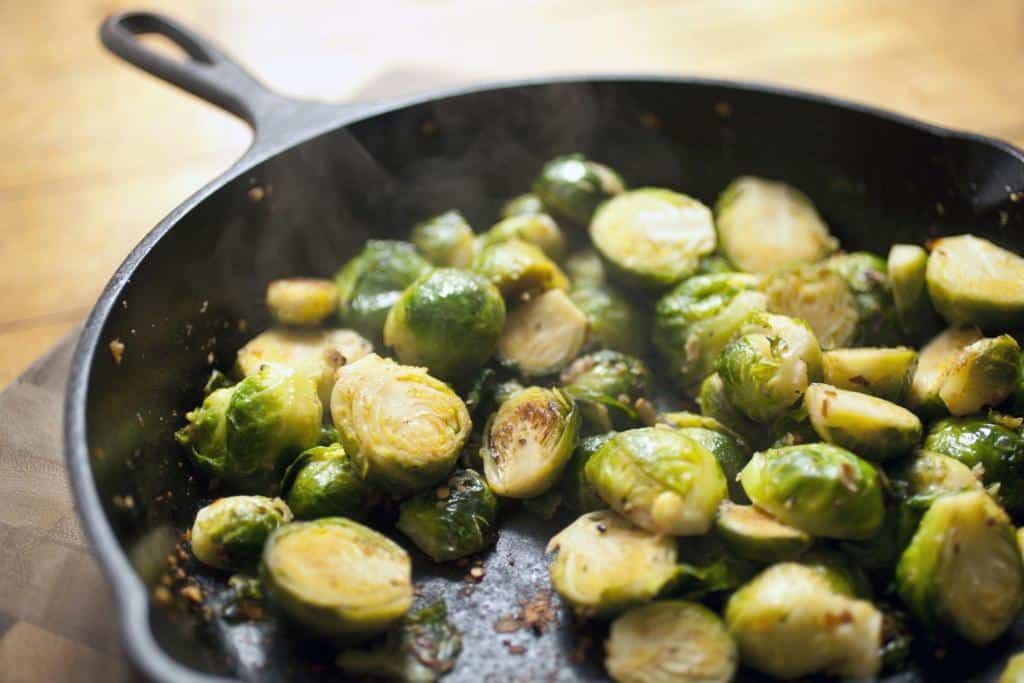
Welcome to the tantalizing world of perfectly roasted Brussels sprouts! If you’re craving a side dish that is both nutritious and bursting with flavor, look no further. We’re here to unravel the mystery of achieving Brussels sprouts perfection at 375°F.
Picture this: a plate adorned with Brussels sprouts, each one a golden nugget of delight. With a delicate crispness on the outside and a tender, savory interior, these tiny cabbages have been transformed into a culinary masterpiece. But how long should they spend in the oven to reach this mouthwatering state?
In this article, we will guide you through the art of roasting Brussels sprouts to perfection. We’ll explore the ideal cooking time for achieving that irresistible balance of caramelized exteriors and delicate tenderness. From preparing your sprouts to adding those finishing touches, we’ll equip you with all the tips and tricks you need to create a side dish that will leave your taste buds singing.
Get ready to embark on a flavorful journey as we uncover the secrets of cooking Brussels sprouts at 375°F. Your kitchen is about to become a haven of roasted vegetable goodness. Let’s dive in!
Introduction to Brussels Sprouts
Brussels sprouts, a member of the cruciferous vegetable family, have been enjoyed for centuries. These mini cabbage-like vegetables originated in ancient Rome and gained popularity in Belgium, which is why they are called Brussels sprouts.
Packed with nutrients, Brussels sprouts are an excellent source of vitamins C and K, fiber, and antioxidants. Their distinct flavor and versatility in various dishes have made them a favorite among home cooks and professional chefs alike.
There are multiple common types of Brussels sprouts available, offering a range of varieties. Among the most popular are “Long Island Improved,” renowned for its larger size, “Jade Cross,” which offers a sweeter taste, and “Red Bull,” distinguished by its vibrant purple hue.
Each variety possesses distinct characteristics, providing opportunities to explore diverse flavors and appearances when incorporating them into your recipes.
Cooking Time for Brussels Sprouts at 375°F
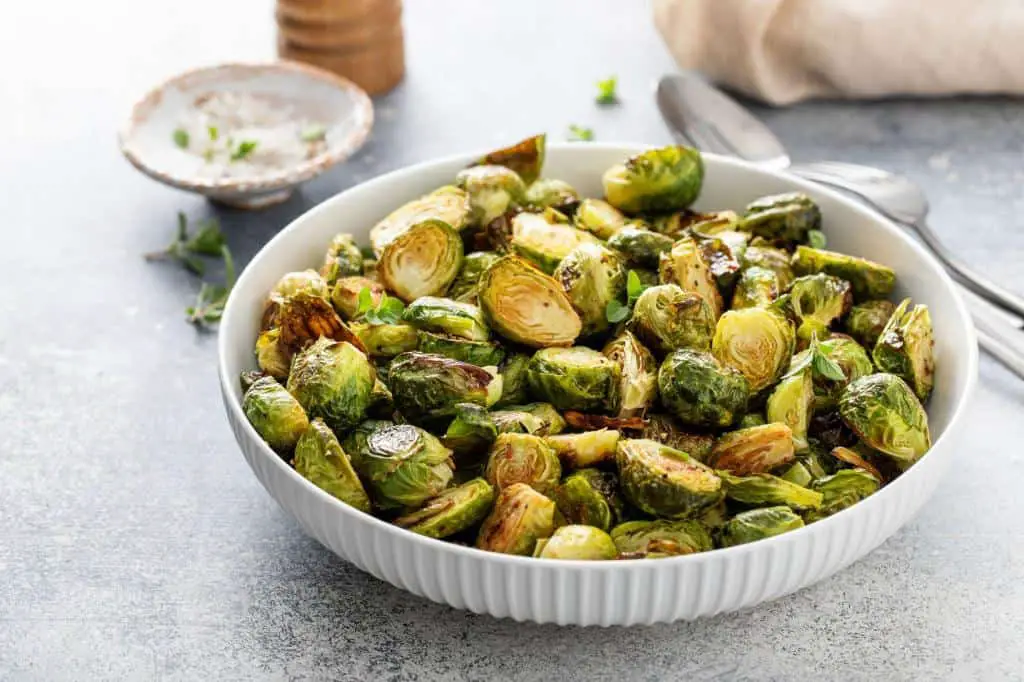
To achieve the ideal cooking time for Brussels sprouts at 375°F, it’s important to take into account the sprouts’ size and freshness. Smaller, younger sprouts will require less time to cook compared to their larger, more mature counterparts. Generally, the cooking time falls within the range of 30 to 35 minutes.
However, let’s break down the process further to guide you through it:
- Preparation: Begin by preheating your oven to 375°F. Simultaneously, trim the tips of the Brussels sprouts and remove any loose outer leaves. Rinse them under cold water and ensure thorough drying. This step promotes even cooking and enhances the overall presentation.
- Halving: If you have larger Brussels sprouts, it is advisable to halve them before roasting. This enables the heat to penetrate more uniformly, resulting in consistent texture. Smaller sprouts can be roasted whole, if desired.
- Seasoning: Place the Brussels sprouts in a bowl and drizzle them evenly with olive oil, ensuring all surfaces are coated. Season with salt and freshly ground black pepper according to your taste. For an extra burst of flavor, consider adding minced garlic, dried herbs, or a sprinkle of Parmesan cheese.
- Arrangement: Arrange the seasoned Brussels sprouts in a single layer on a baking sheet or roasting pan. This allows for proper air circulation and prevents overcrowding, resulting in more even roasting.
- Roasting: Place the Brussels sprouts in the preheated oven and let the magic unfold. Cook for 30 to 35 minutes, flipping them halfway through the cooking time. Monitor their progress to achieve your preferred level of caramelization and crispiness.
How Long to Cook Brussels Sprouts for Different Levels of Doneness at 375°F
When it comes to cooking Brussels sprouts at 375°F (190°C), the cooking time becomes a critical factor in achieving the desired level of doneness. Whether you prefer your sprouts tender and melt-in-your-mouth or crave a bit of crispness with a firmer texture, understanding the cooking duration is essential.
To guide you in your culinary endeavors, let’s explore the different levels of doneness and their corresponding cooking times.
| Level of Doneness | Cooking Time at 375°F |
| Tender and Moist | 20-25 minutes |
| Golden and Crispy | 25-30 minutes |
| Crisp and Firm | 30-35 minutes |
For those seeking tender and moist sprouts, a cooking time of approximately 20 to 25 minutes is recommended. During this duration, the sprouts develop luscious tenderness while retaining a vibrant green color. The leaves gently yield to the bite, releasing their flavors and providing a delightful culinary experience.
If you prefer a balance between tenderness and crispness, aim for a golden and crispy level of doneness. This requires a cooking time of around 25 to 30 minutes. The outer leaves of the sprouts turn a tempting golden brown, offering a pleasing crunch while still maintaining a tender interior.
For those desiring a firmer texture with a pronounced crispness, extend the cooking time to around 30 to 35 minutes. The sprouts become golden and caramelized, achieving a delightful crunch throughout. Each bite presents a satisfying resistance before giving way to a burst of flavors.
Remember to monitor the sprouts closely during the cooking process and adjust the duration based on the desired level of doneness. The table above serves as a general guide, but individual sprouts may require slight variations in cooking time. With a keen eye and a taste test along the way, you’ll be able to achieve Brussels sprouts cooked to perfection at 375°F, tailored precisely to your preferred level of doneness.
Factors Affecting Cooking Time
When it comes to cooking Brussels sprouts at 375 degrees, several factors come into play, each influencing the cooking time and ultimately the outcome of your dish. Understanding these factors is crucial to ensuring that your Brussels sprouts are cooked to perfection.
The first factor to consider is the size of the Brussels sprouts. Smaller sprouts will naturally cook faster than their larger counterparts. The heat penetrates more quickly through their compact structure, resulting in a shorter cooking time. On the other hand, larger sprouts require a bit more time to cook through, allowing the heat to reach the center and tenderize them evenly.
Another important factor is the freshness of the sprouts. Fresher sprouts tend to cook more rapidly than older ones. The vibrant green color and firm texture of fresh Brussels sprouts indicate their optimal cooking state. Freshness impacts not only the cooking time but also the overall flavor and texture of the sprouts, making it advisable to choose the freshest ones available for the best cooking results.
Lastly, the desired level of doneness is a significant factor that affects the cooking time. Some individuals prefer Brussels sprouts that are tender and melt-in-your-mouth, while others enjoy a slight crispness with a firmer texture. The cooking time will vary accordingly, with shorter durations for those seeking tenderness and longer durations for those desiring a bit of crispiness.
Alternative Cooking Methods for Brussels Sprouts
While roasting Brussels sprouts undoubtedly yields delicious results, there are alternative cooking methods that can reveal distinct flavors and textures. Consider trying the following methods:
- Steaming: Place cleaned Brussels sprouts in a steamer basket positioned over boiling water. Cover and steam for 6-8 minutes, or until they reach a tender consistency.
- Sautéing: Heat a skillet over medium-high heat. Add olive oil and Brussels sprouts. Cook, stirring occasionally, until the sprouts are tender and lightly browned, typically around 8-10 minutes.
- Grilling: Preheat the grill to medium-high heat. Brush the cleaned Brussels sprouts with olive oil and place them directly on the grill grates. Grill for 10-12 minutes, turning occasionally, until they acquire a charred exterior and a tender texture.
Each cooking method offers a distinctive flavor profile and texture, allowing you to embark on an exploration of new and delightful ways to savor Brussels sprouts.
Common Mistakes to Avoid When Cooking Brussels Sprouts
To ensure that your roasted Brussels sprouts turn out delightfully flavorful and free from bitterness, it’s important to avoid common mistakes that can contribute to a less desirable outcome. Here are some pitfalls to steer clear of:
- Overcooking: As mentioned earlier, overcooking is a major factor that can lead to bitterness. Keep a close eye on the cooking time and texture to achieve the perfect balance of tenderness and slight crispness.
- Inadequate seasoning: Lack of proper seasoning can result in bland-tasting Brussels sprouts that may accentuate any underlying bitterness. Be generous with salt, pepper, and other spices or herbs to elevate the flavors.
- Poor-quality Brussels sprouts: Starting with fresh, high-quality Brussels sprouts is crucial. Inspect them before purchase, opting for firm and vibrant-looking sprouts. Avoid wilted, discolored, or excessively loose leaves.
- Improper storage: Improper storage can lead to bitterness. Keep Brussels sprouts refrigerated in a sealed plastic bag or airtight container for up to a week. Avoid storing them alongside fruits that produce ethylene gas, as it can accelerate spoilage and bitterness.
- Using old or expired Brussels sprouts: Check the expiration date and use-by recommendations on the packaging when purchasing Brussels sprouts. Using old or expired sprouts can result in a more bitter taste.
- Skipping the blanching step: As mentioned earlier, blanching Brussels sprouts before roasting can help reduce bitterness. Skipping this step may result in a more pronounced bitter flavor.
- Neglecting flavor pairings: Experimenting with different flavor combinations can help offset bitterness. Don’t be afraid to pair your roasted Brussels sprouts with ingredients that complement their taste and add depth to the dish.
Variations and Flavor Combinations
The realm of roasted Brussels sprouts offers endless possibilities to explore. By venturing into various seasonings and flavor combinations, you can elevate the taste and infuse a unique flair into this delightful vegetable. Consider the following ideas:
- Bacon-infused Brussels sprouts: Introduce crispy bacon bits to lend a smoky, savory essence to your roasted Brussels sprouts. Simply cook the bacon separately until it turns crispy, then sprinkle it over the roasted sprouts before serving.
- Balsamic-glazed Brussels sprouts: Enhance the natural sweetness of Brussels sprouts with a drizzle of tangy balsamic vinegar. Toss the roasted sprouts with a balsamic glaze created from balsamic vinegar, olive oil, and a touch of honey to achieve a delightful balance.
- Parmesan-crusted Brussels sprouts: Embark on a cheesy adventure by sprinkling grated Parmesan cheese over the roasted sprouts during the final minutes of cooking. The cheese will melt and form a luscious crust on the sprouts, imparting a tantalizing dimension of flavor.
Exploring an array of flavor combinations empowers you to customize the roasted Brussels sprouts to suit your taste preferences, resulting in captivating culinary experiences.
Achieving the Perfect Texture
To achieve perfectly roasted Brussels sprouts with a tender interior and a crispy exterior, consider these helpful tips:
- Select Brussels sprouts of similar size to ensure even cooking.
- Avoid overcrowding the baking sheet to allow proper airflow and browning.
- For extra crispiness, increase the oven temperature to 400 degrees Fahrenheit (200 degrees Celsius) for the last few minutes of cooking.
- If you prefer softer sprouts, you can cover the baking sheet with aluminum foil for the first portion of the cooking time and then uncover for the remaining time.
- Experiment with different cooking techniques, such as tossing the sprouts in a hot skillet with olive oil or grilling them on skewers.
Remember, achieving the perfect texture is a matter of personal preference, so adjust the cooking time and temperature according to your taste.
Flavor Variations
Roasted Brussels sprouts offer a delicious canvas for experimenting with different flavors and seasonings. By adding various combinations of herbs, spices, and sauces, you can elevate the taste of this humble vegetable. Here are some flavor variations to consider:
- Garlic Parmesan: Toss the Brussels sprouts with minced garlic, grated Parmesan cheese, and a drizzle of olive oil before roasting. The result is a savory and cheesy delight.
- Balsamic Glaze: Drizzle the roasted sprouts with a tangy balsamic glaze to add a touch of sweetness and acidity.
- Honey Mustard: Mix honey, Dijon mustard, and a splash of apple cider vinegar. Toss the sprouts in this flavorful sauce before roasting for a delightful combination of sweet and tangy.
- Spicy Sriracha: For those who love a bit of heat, toss the Brussels sprouts in a mixture of Sriracha sauce, soy sauce, and a sprinkle of red pepper flakes. The result is a spicy and zesty treat.
- Maple Glazed: Combine maple syrup, melted butter, and a pinch of cinnamon. Toss the Brussels sprouts in this sweet and aromatic glaze before roasting. The maple flavor adds a delightful caramelization and depth of sweetness to the sprouts.
- Lemon Herb: Squeeze fresh lemon juice over the roasted Brussels sprouts and sprinkle them with a mixture of chopped fresh herbs, such as thyme, rosemary, and parsley. The zesty citrus and fragrant herbs create a bright and refreshing flavor profile.
- Asian-Inspired: Create an Asian-inspired twist by tossing the sprouts with sesame oil, soy sauce, fish or eel sauce, and a touch of ginger and garlic. Garnish with toasted sesame seeds and chopped green onions for an umami-packed dish with a hint of nuttiness.
- Smoky Paprika: Combine smoked paprika, olive oil, and a pinch of cayenne pepper. Toss the Brussels sprouts in this smoky spice blend before roasting to infuse them with a rich and slightly spicy flavor reminiscent of barbecue.
- Mediterranean Medley: Toss the roasted Brussels sprouts with sun-dried tomatoes, Kalamata olives, crumbled feta cheese, and a drizzle of extra-virgin olive oil. Sprinkle with dried oregano and a squeeze of lemon juice for a taste of the Mediterranean.
Conclusions
In conclusion, cooking Brussels sprouts at 375 degrees Fahrenheit is an excellent way to achieve perfectly roasted sprouts. By understanding the factors that affect cooking time, properly preparing the sprouts, and following the roasting instructions outlined above, you can enjoy Brussels sprouts that are flavorful, tender, and crispy.
Whether you’re a Brussels sprouts enthusiast or a beginner in the kitchen, these tips and techniques will help you create a delicious side dish or a nutritious addition to your favorite recipes.
But what if you have some additional questions or concerns? Let’s address some common queries and provide answers to make your Brussels sprout cooking experience even better.
Don’t be afraid to get creative and experiment with your favorite seasonings and sauces. The possibilities are endless!
FAQs
Can I roast Brussels sprouts at a higher temperature, like over 400 degrees?
Yes, you can roast Brussels sprouts at a higher temperature if you prefer a quicker cooking time or desire a crispier texture. Just keep a close eye on them to avoid burning Brussels sprouts.
What happens if I overcook Brussels sprouts?
Overcooked Brussels sprouts can become mushy and lose their vibrant color and flavor. It’s best to follow the recommended cooking time to achieve the desired texture and taste.
Should I cover Brussels sprouts while roasting?
Generally, it is not necessary to cover Brussels sprouts while roasting. However, if you prefer softer sprouts, you can cover them with aluminum foil for the first portion of the cooking time and then uncover them for the remaining time.
How do I know if Brussels sprouts are done cooking?
You can check the doneness of Brussels sprouts by inserting a fork or a sharp knife into the thickest part of a sprout. If it goes in easily and the sprout is tender, they are ready to be enjoyed.
Can I roast frozen Brussels sprouts at 375 degrees?
It is possible to roast frozen Brussels sprouts, but they may require a slightly longer cooking time. Thaw them before roasting or adjust the cooking time accordingly.
Are there any health concerns or allergies associated with Brussels sprouts?
Brussels sprouts are generally safe to consume and provide numerous health benefits. However, some individuals may have specific allergies or sensitivities. If you have any concerns, consult with your healthcare provider.

